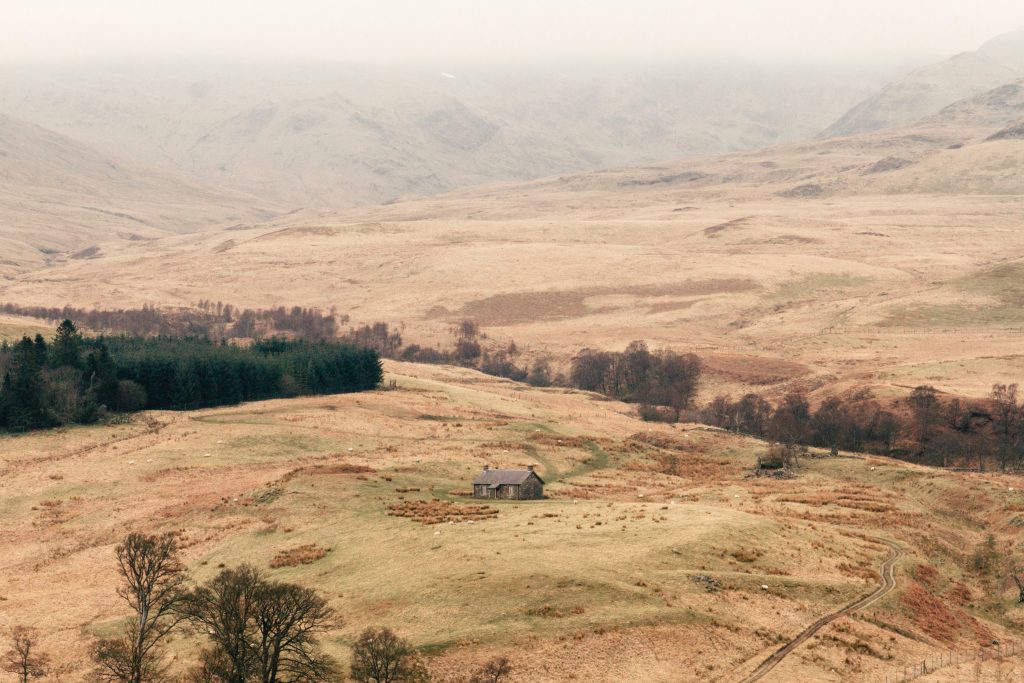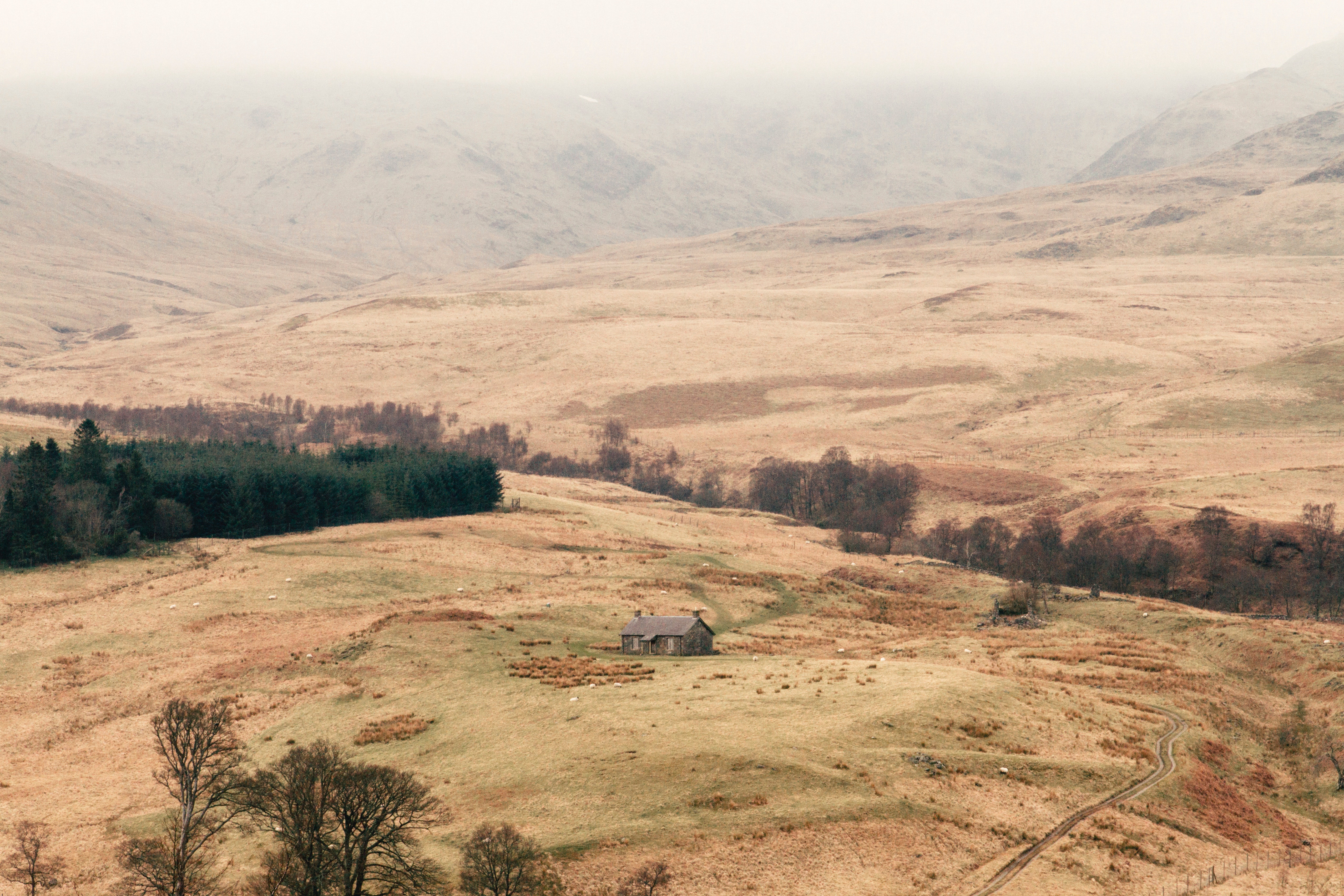
Check out this guest post by my friend Zach Hoag, and then go buy his book, The Light is Winning, a book “for anyone who is anxious about the future of the church and their place in it.”
* * * * *
In 2008, my wife and I took the plunge that many others like us were taking at the time, immersed as we were in literature and media about “the emerging church.” It required a great deal of sacrifice; it was an all-or-nothing proposition. We mortgaged our lives on an exciting new venture, all for the sake of the kingdom of God.
Namely, we planted a church.
And for a time, it was healthy and growing and effective. I had a ministry background, but the experience was still something new for all of us involved – it was a process, an unfolding. A thrilling one, at that.
And it was a process for me individually and internally too. Towards the beginning of the plant, I broke with the Gospel-Centered New Calvinism that had dominated my thinking for almost a decade. And throughout the church-planting years, new thoughts about the nature and character of God, the meaning of salvation, the work and mission of the church, and the cultural lines of exclusion in my evangelical context rose to the surface. I was captivated by this process and these new revelations, excited for how they might shape and reshape my ministry to our little church and our beloved city of Burlington, VT.
Our church plant, as “cutting edge” as it sometimes seemed to be, was firmly located within the evangelical world. And because of that, some of my emerging perspectives made our more conservative core members uneasy, if not upset. It’s not that I was trying to fool anyone or be a theological rogue; it’s just that I was beginning to see everything differently. And that can pose a problem for folks who want things to stay the same.
More than anything else, I felt a fierce determination to stay on the mission of being a church for our progressive, post-Christian city, not merely in a superficial sense of staying relevant but in an increasingly deeper sense of discerning how to do theology in the midst of God’s mission in our neighborhood, outside the church walls. Part of that process was deconstructive: identifying some of the ways those of us with churched backgrounds might be build- ing barriers in our theology and practice without even knowing it. I was looking for a way to embody acceptance and inclusion, so that our friends and neighbors might experience God and meet Jesus. I didn’t want us to just do superficial outreach or create a program to condescendingly engage “those people.” I wanted those people to be our people. I wanted them to be us.
But then things went south. And as conflicts and decline hit our growing but small and fragile congregation, it only took about a year for it to unravel completely. In the end, when it all came crashing down, this thing I had committed my whole life to—I was completely devastated.
One of the sermon series I preached during the last year of our church was called “Exit through the Wilderness,” a survey of the book of Exodus with a nod to the Banksy documentary Exit through the Gift Shop—because who brilliantly critiques the empire better than Banksy? A sweeping Exodus theology emerges when we see the Scriptures as a story of God liberating all of creation from the effects of human empire—liberation from both the power and control out there, and the power and control tempting our hearts to break bad. Yes, the empire you will always have with you. And prone to wander, Lord, I feel it.
The process of moving from one perspective to another that was underway in my life accelerated to the moment of impact in the end of our church. And that end laid waste to not only the faith-structures around me but those within me too. I had no idea what wilderness awaited me when I preached about the Israelites being liberated from the Egyptian Empire only to feel lost in the sojourn that followed. I didn’t know that my necessary suffering would parallel my preaching, that my ego would have to die even as I identified empire business all around me. I was unaware of how deeply I would soon descend into the desert of the real.
Father Richard Rohr talks about the difference between the true self and the false self. The false self is bound up in our outward identity—title, achievement, success, image. But our true self goes back much farther; it is who we really are, who God has made us to be, our bedrock of belovedness, which cannot be changed or taken away. The false self, Rohr says, “will and must die in exact correlation to how much you want the Real.”
In one of my final sermons to our dwindling church plant, I talked a little bit about grace:
Grace is surrender.
Grace, really, is giving up.
It’s giving up on self, and it’s giving up on striving. It’s giving up plans and dreams and hopes. It’s giving up your vision. It’s giving up on the purpose and direction that you hold dear and precious, like Paul did when he experienced insults and hardships and persecutions that rudely interrupted his purpose and direction.
Grace is that kind of giving up.
Grace is often the death of what is most dear. Sometimes, grace is the death of your life’s work. The death of the thing that you have poured every waking moment into, for years. The thing that has caused you to stay awake for countless sleepless nights. The thing that you dedicated every ounce of who you are to build, every drop of blood in your heart expended until you have nothing left. Grace is watching that work fall apart, assailed and attacked until it comes crumbling down bit by bit, stone by stone.
Grace is the very soft place of defeat and death.
Our church had to die for deeper health to come to those involved, including myself and my little family. And while it has taken a good deal of devastation, darkness, and deconstruction for my heart to accept the words I shared that day, I finally have accepted them, and I feel free.
At the bottom of it all, I was meant to discover my own belovedness. And who I really am. Through this experience of death, I was meant to finally choose life and start living.
* * * * *
You can find out more about Zach at his website (where you can get a free chapter of The Light is Winning) or find out more about the book HERE.

